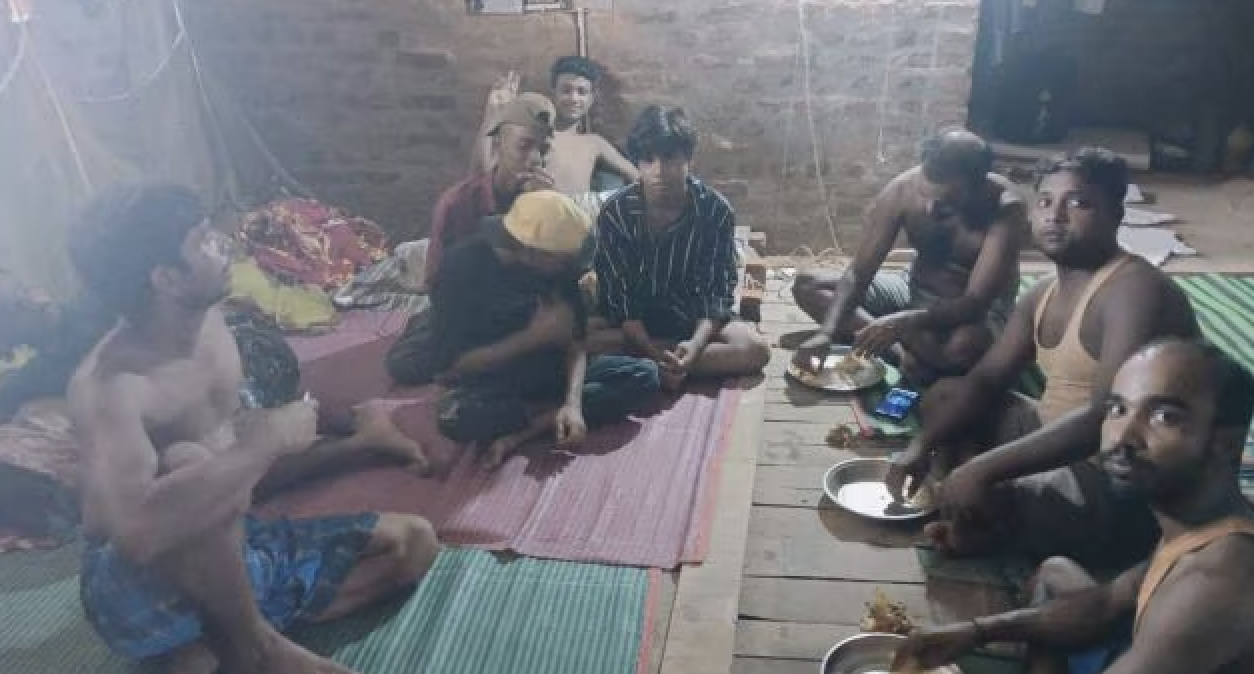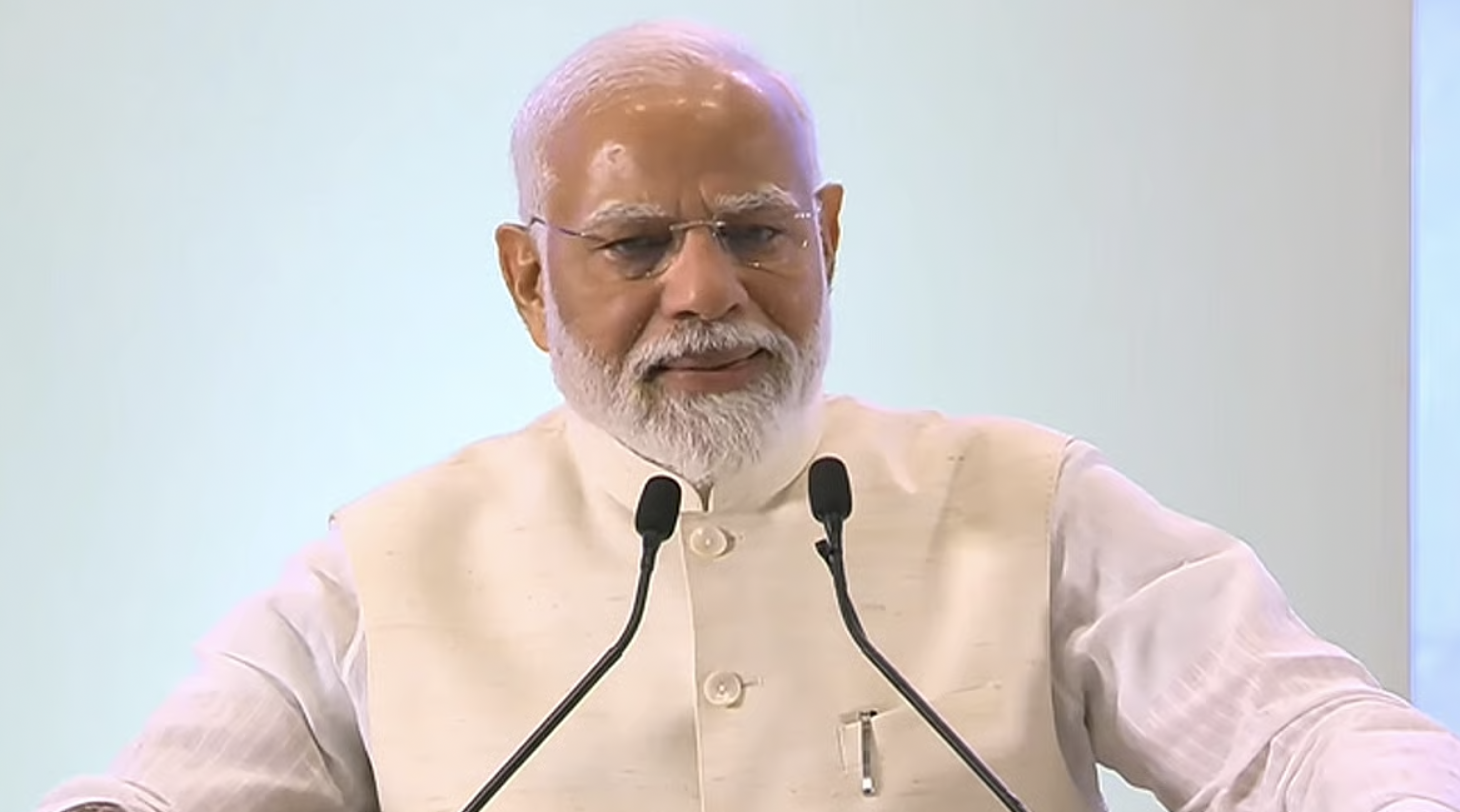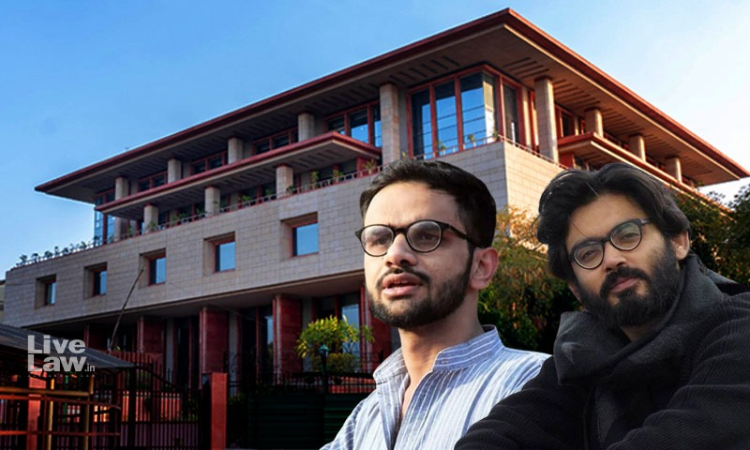What is Hindutva and How can It Impact You?
Hindutva (literally “Hindu-ness”) is a modern political ideology that advocates for Hindu supremacy and seeks to transform India, a constitutionally secular state, into an ethno-religious nation known as the Hindu Rashtra (Hindu nation). Hindutva creates a narrow and exclusionary perspective of South Asian cultures. If you identify as Hindu, Indian, or South Asian, you may find Hindutva ideology placing pressure on your self-expression. As a student, you may feel that the multiple aspects that make up your South Asian (or Indian, or however you choose to identify) identity are not fully represented or welcome. For students of all religious, ethnic, and cultural backdrops, Hindutva poses serious limits to the academic freedom of both professors and students. Hindutva bears many similarities with other far right ideologies, often embracing intolerance and hate while rejecting diversity.
For more on the definition of Hindutva, see our Defining Hindutva section.
How do you recognize Hindutva influences on campus?
Hindutva or elite Hindu-centric ideas may be difficult to identify in campus settings, particularly in more casual, social interactions. The impact of these beliefs and practices, however, can be very harmful, as academic scholarship has documented. At risk are you, other students of South Asian descent, those who belong to categories that Hindutva ideology is often especially intolerant (e.g., Muslims, Dalits, those who identify as Feminist, or LGBTQ+). Your South Asian Studies professors who strive to teach a broad range of ideas and perspectives will also be targeted by Hindutva groups and asked to narrow their focus. To help you identify Hindutva on your campus, consider the following questions:
-
Do you have a place on campus where ALL aspects of your South Asian American identities are respected and acknowledged?
-
Do you see behaviors or ideas being policed or condemned as not “South Asian” or not “Indian” or not “Hindu” if they do not fit into a narrowly defined perspective?
-
Have you been made to feel that aspects of your culture and heritage are being silenced by the very groups you hoped would celebrate it?
-
Is the language of diversity and inclusion being mis-applied in your campus?
-
Do you feel students from South Asian minority groups, Dalits, LGBTQ+, or those from racially mixed or diasporic backgrounds are not made to feel welcome in student groups?
-
Is South Asian culture or history only being taught from the perspective of a narrow, politically elite spectrum of South Asia?
Be aware that Hindutva groups often misapply the language of diversity and inclusion to impose their perspectives on others. To help you distinguish between genuine attempts to foster diversity, and bad-faith attempts to insert Hindutva agendas as part of this, visit our Bad Faith Bias Claims section.
How You Can Fight Against Hindutva and for Inclusion and Diversity on Your Campus
Do you want to acknowledge and celebrate the incredible diversity of South Asian experiences on your campus? Do you want to strive for true inclusion, including that which questions preconceptions and biases you’ve seen within your own communities? Do you hold progressive views and want to enact those, in meaningful ways, at your college or university? You’re not alone.
Many students across the United States have similar interests and goals. You might get involved with Students Against Hindutva ideology, a student organization founded and run by undergraduate and graduate students across the diaspora. You can find contact information for the group, which can provide resources, solidarity, and even help you start a chapter on your campus, here. Students at individual universities have also pushed back against Hindutva in various ways, including by penning open letters and challenging those who promote exclusionary views on campus. If you want to act, you will find yourself in good company.
For more resources on being an ally, especially if you are witnessing a Hindutva attack against fellow students or professors, see our How to be an Ally section.
To learn more about important issues within both South Asian studies and the South Asian American community, such as Kashmir’s sovereignty, and the Hindutva agenda around them, explore the following resources:
This story first appeared on hindutvaharassmentfieldmanual.org






